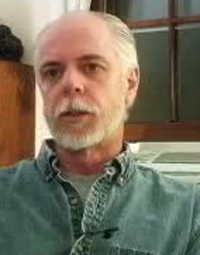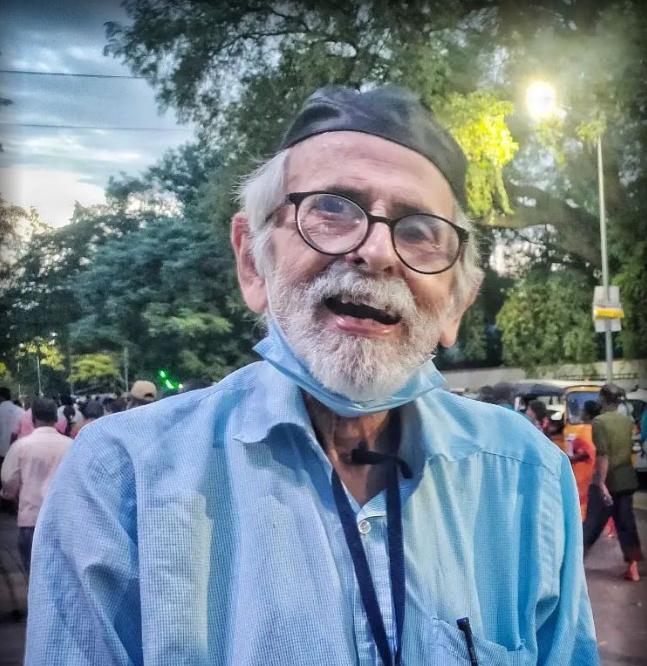Street names
The current issue in the village is street names. We never decided on any. There are house numbers, and that’s all we need for most issues.
But sometimes there are companies that demand actual street names. Recently there was a supermarket chain suggested to make me a member of their loyalty club, but I couldn’t sign up because their website demanded a street name, which it checked against a national database, so I couldn’t make something up.
Then there are large foundations, such as those connected to the US Government, whose SAM.gov system depends upon NATO’s N-CAGE for address verification. And N-CAGE too demands a street name for our association. Without a street name, no registration. I wonder how they deal with Japan, which doesn’t use street names hardly at all, even in large cities like Tokyo?

Astavakra Gita
Translator’s preface to the Ashtavakra Gita (Bart Marshall)
In Vietnam when I was twenty-one a hand grenade or mortar round–the circumstances made it difficult to determine which–blew me into a clear and brilliant blackness. For the next thirty-seven years that glimpse of infinite emptiness, so intimate, so familiar, kept me looking almost obsessively in esoteric books and far corners for an explanation of myself. Then, “suddenly,” the veil, as they say, was lifted.
A few months after that occurrence, as my interest in reading began to slowly return, I found myself drawn mainly to the sayings and writings of old masters. What did Buddha have to say? What did Christ? Lao Tsu? Patanjali? I wanted to read them with new eyes.
Oddly, in those thirty-seven years of seeking, I had never read the Ashtavakra Gita, and indeed was barely aware of its existence. Then recently, as I sat at the bedside of a dying friend and teacher, another friend placed it in my hands. I opened it and was astonished. Here, in one concise volume, was all that needed to be said.

Dorab Framji
I learned yesterday of the death of Dorab Framji of Tiruvannamalai at the age of 92. A Parsi (Zoroastrian) from Bombay, he was one of the few living disciples of the advaitic sage Sri Ramana Maharshi (who left the world in 1950).
Dorab accompanied his father on visits to see Ramana as a child. He moved to Tiru permanently when he grew older. His home was five minutes walk from the ashram, just next to the Osbornes.
He had the reputation of being gruff and grumpy to strangers but was exceedingly kind to friends. I was privileged to stay with him for a month in 2019 and, in retrospect, am sorry that I did not take up the invitation to spend more time with him. (Maybe I should have stayed till he himself would throw me out, and not run off to visit Madurai and Kerala?)
His moving story is told in the ashram newsletter, Saranagathi.
Links
“Better to die there”: Palestinians mourn Ein Samiya Eviction


